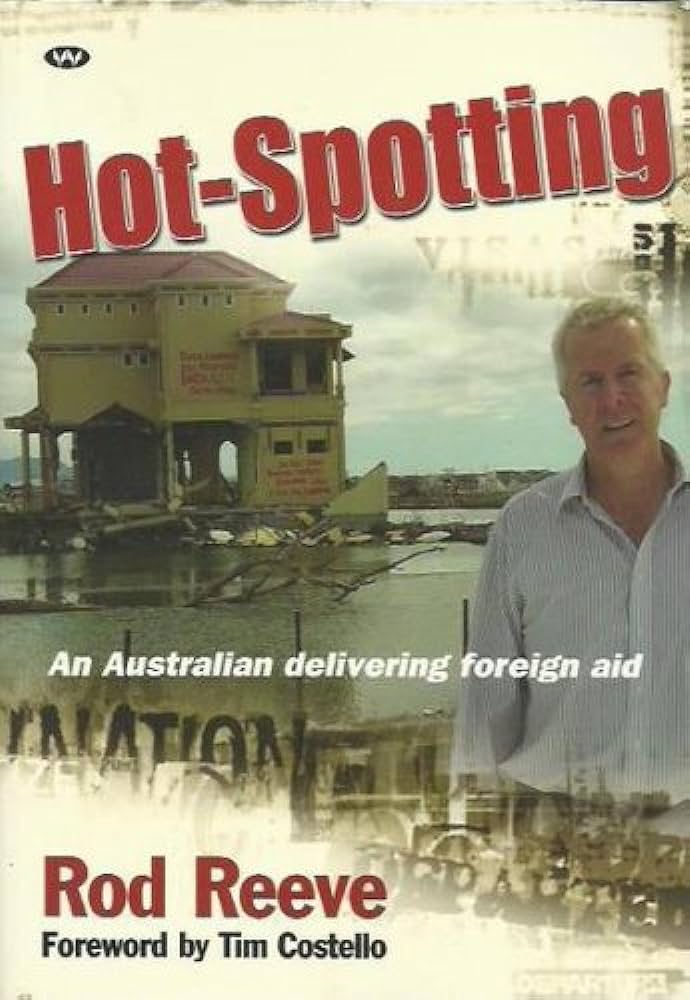Non Fiction
Hot-spotting by Rod Reeve & Ardent by Jane Gibian
Rupert's Adventure in China: How Murdoch lost a fortune and found a wife by Bruce Dover
by Richard Walsh •
The Milošević Trial: Lessons for the conduct of complex international criminal proceedings by Gideon Boas
by James Upcher •
Blubberland by Elizabeth Farrelly & Two Kinds of Silence by Kathryn Lomer
The World of the Book by Des Cowley and Clare Williamson
by Ian Morrison •
Making Books: Contemporary Australian publishing edited by David Carter and Anne Galligan
by Richard Walsh •
Earth Under Fire: How Global Warming is Changing the World by Gary Braasch
by Ian Gibbins •
In the Name of the Law: William Willshire and the Policing of the Australian Frontier by Amanda Nettelbeck and Robert Foster
by Gillian Dooley •










